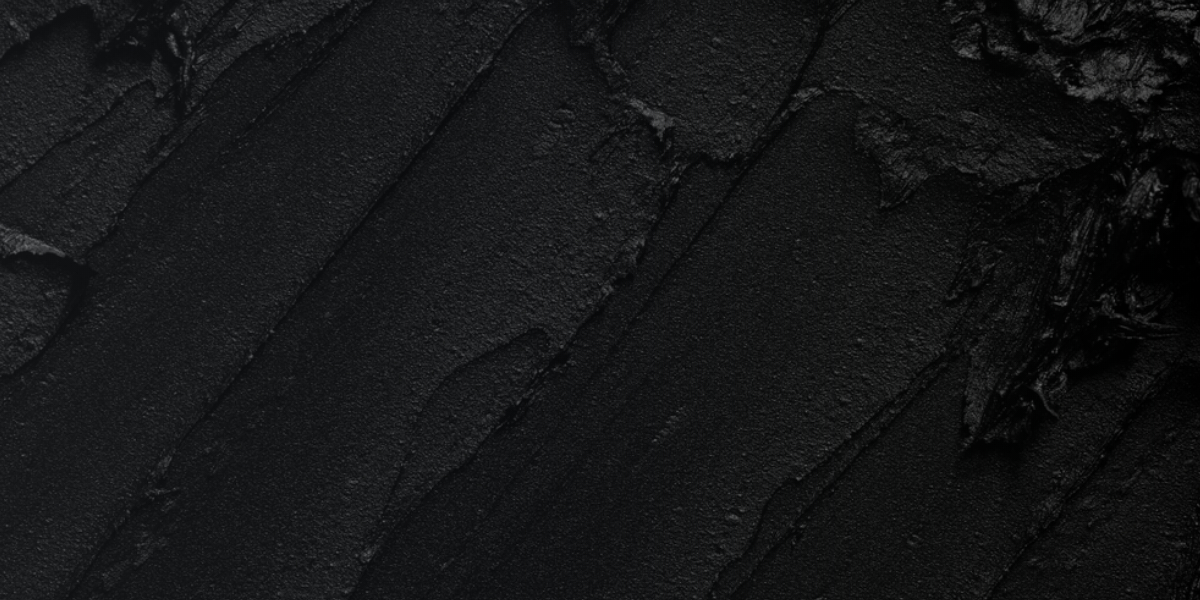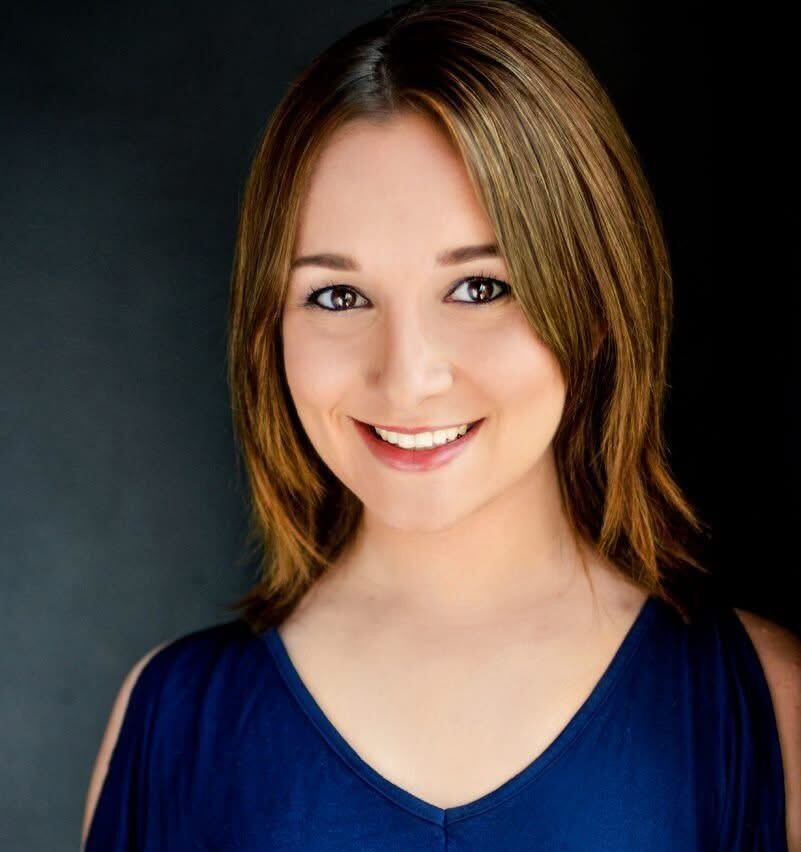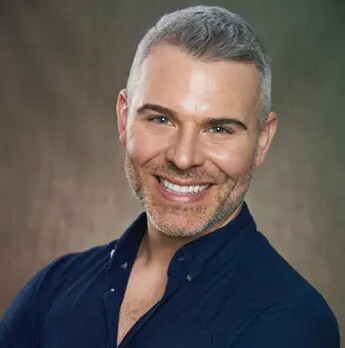Updated 2025.
Key Points
- 5 steps: learn the career → take certification → build business → gain experience → launch.
- QC Makeup Academy: online, self-paced course → certified in ~2 months.
- Skincare market: USD $188.60B by end of 2024.
- Projected 2032: USD $194.05B, CAGR 6.68%.
- Role: give skincare advice, recommend products, offer facials/treatments.
- Excludes: surgery, chemical peels, waxing, invasive services.
- Consultants vs. estheticians: differ in duties + education.
- Other titles: skincare advisor, specialist, beauty consultant, image consultant.
- Income: potential to earn up to USD $100K+ (U.S.); CAD $100K+ (Canada); GBP £85k+ (U.K.); AUD $79K+ (Australia).
Introduction
Do you love skincare? Are you passionate about helping people feel their best? If so, you’ve come to the right place! The skincare industry is growing rapidly, and there’s a high demand for qualified professionals. This is why today, we’ll be breaking down how to become a skincare consultant in 5 easy steps!
In this article, we will discuss everything you need to know to start a successful career in the world of professional skincare. We’ll cover topics such as training and certification requirements, job duties, and average salaries.
So, if you want to learn how to become a skincare consultant, keep reading!
”Being a skincare consultant doesn’t just boost your income—it builds trust with clients and sets you apart as a true expert!
Nathan JohnsonSkincare Consultant • Celebrity Makeup Artist • QC Makeup Academy Executive Instructor
1. Learn The Career: What IS a Skincare Consultant?
As a skincare expert, here are some examples of things you’ll be responsible for handling in your day-to-day work life:
- Meeting with clients to discuss their skincare concerns;
- Assessing each client’s skin type and condition;
- Developing personalized skincare plans for each client;
- Recommending appropriate products and treatments;
- Providing education on proper skincare techniques.
If you run your own business, you’ll also be responsible for these additional tasks on a regular basis:
- Marketing your company (both online and in-person) to attract new clients;
- Maintaining a strong social media presence and accurate website;
- Tracking your finances and budgeting for new; products/products/equipment;
- Hiring, training, and managing staff (if applicable), etc.
Only once you properly understand what a skincare consultant does on a day-to-day basis, should you move onto step two. That way, you can feel confident that you know exactly what to expect from this type of work… And more importantly, that you’ll actually enjoy doing it!
”The biggest mistake I see is people not being able to tell the difference between skin types and skin conditions. That simple mistake can make the difference between routine that works for the client and one that does nothing... Or worse, exacerbates the problem!
Nathan JohnsonSkincare Consultant • Celebrity Makeup Artist • QC Makeup Academy Executive Instructor
Become a Certified Skincare Consultant In Just 2 Months
Start your professional certification training with QC Makeup Academy today!
2. Take a Skincare Consultant Course
The best way to learn more about ANY career is to take an accredited course on the subject. Not only will this give you the opportunity to gain in-depth knowledge of skincare and its various treatments – you’ll also get first-hand experience working with clients. As we all know, there’s nothing like hands-on learning when it comes to mastering new skills!
QC Makeup Academy’s Online Skincare Consultant Course
When it comes to reputable, accredited skincare training, look no further than QC Makeup Academy’s Skincare Course. This 5-unit program is done at your own pace, right from the comfort of home. Although you’ll be given a full 2 years to finish the course in full, how much of that time you need is entirely up to you. For reference, many of our skincare graduates were able to successfully complete this course, earn their certification, and begin booking clients – all in as little as 2-6 months!
Here’s just a taste of what you’ll learn as a student of QC’s Skincare Course:
- The history of skincare;
- The link between skin and physical health;
- Emotional impacts of an unhealth compexion;
- The role of a skincare consultant (as well as the similarities and differences between skincare consultant, estheticians, and dermatologists);
- Skin anatomy and skin types;
- Common skincare products, tools, ingredients, and application methods;
- Common skin concerns and conditions, as well as treatments for them;
- Skin’s aging process and factors that contribute to it;
- Pros and cons of natural skincare;
- Basic natural skincare ingredients and formulation techniques;
- The skincare consulting process, from start to finish;
- And more!
The best part?
As soon as you graduate, you’ll receive a globally-recognized International Skincare Consulting Professional (ISCP) certification + designation. Not only will these look insanely impressive on your resume; they’ll also attract more clients, land you more bookings, and increase your profits!
Want to launch your very own skincare consulting business? Here’s everything you need to know!
”In today’s competitive market, knowledge isn’t optional. Understanding skin makes you more versatile AND more valuable.
Nathan JohnsonSkincare Consultant • Celebrity Makeup Artist • QC Makeup Academy Executive Instructor
3. Build Your Skincare Business From The Ground Up
Branding Your Skincare Business
As a skincare consultant, one of the first things you’ll need to do is create a strong and recognizable brand. After all, in order for clients to take you seriously, they need to know that your company is professional and trustworthy.
There are many aspects to consider when it comes to branding your business. But some of the most important include your:
- Company name (and getting it legally registered);
- Logo;
- Color scheme;
- Tagline;
- Website design and content;
- Social media presence, etc.
All of these elements should work together to create a consistent and cohesive look for your business. Furthermore, they should also be reflective of the type of clients you want to attract. For example, if you’re aiming to work with high-end clients, your branding should exude luxury.
Not sure where to start? Check out American Marketing Association’s article on branding your business!
Marketing Your Business
Next, it’s time to start marketing your business. According to SEO.com, “84% of organizations have a content marketing strategy, underscoring its significance in engaging audiences.” These days, no matter how great your services may be, you won’t be able to attract clients if they don’t know you exist.
In order to book new customers and grow your business, you’ll need to market yourself both online AND offline. Luckily, there are a ton of great marketing strategies at your disposal, such as:
- Creating a strong social media presence;
- Developing an email list;
- Running paid, targeted ads;
- Participating in local events and expos;
- Networking with other professionals;
- Collaborating with complementary businesses;
- Offering referral discounts or incentive programs;
- Giving away free samples or mini-products;
- Writing blog posts or articles (like this one!).
There’s no right or wrong way to market your business. But it’s important that you find what works best for you and your company. Moreover, don’t be afraid to get creative.
The more unique and eye-catching your marketing strategy is, the better!
Budgeting Your Skincare Consultant Business
Last but not least, you’ll need to create a budget for your skincare business. When doing this, there are a few key things you’ll need to take into account, including the cost of:
- Goods and supplies;
- Marketing and advertising;
- Renting space or equipment;
- Business insurance;
- And both licensing and permits (if applicable).
If you’re self-employed, you’ll also need to consider your salary when approaching your overall budget. Once you’ve taken all of these factors into consideration, you can start creating a more detailed budget for your business.
If you need more assistance with this step, here’s a helpful guide (courtesy of the Small Business Administration) on managing your finances as a small business owner that can help you get started.
Become an International Skincare Consulting Professional™ From The Comfort Of Home
Set your own schedule and start your dream career, all on YOUR terms!
4. Gain Experience as a Skincare Consultant
Now it’s time to start working and getting some much-needed, hands-on experience under your belt. If you’re not sure where to begin, here are some ideas:
- Reach out to local spas and salons in your area, and inquire about renting space/working as an independent contractor.
- Partner up with a local business that is complementary to yours (i.e. teaming up with a lash technician, makeup artist, etc.).
- Start your own mobile skincare business where you travel to clients’ homes or workplaces.
- Look into working at a high-end department store or skincare counter.
- Offer a complimentary consultation to people you know personally, such as friends and/or family.
No matter how you choose to practice your skills and get experience in the field, always remember to put your best foot forward. Give 110%! After all, the more clients you can impress and build a strong rapport with, the better off you’ll be in the long run.
Firstly, this will help to ensure a steady stream of business. Secondly, it’ll also result in plenty of word-of-mouth marketing – a.k.a. the best kind of marketing there is!
Need help marketing your skincare consultant business? Here are 15 other tried-and-true tips we guarantee will be successful!
”Most people will only hire a makeup artist once or twice in their lives. But skin is a different story! Healthy skin is something people are constantly after. Having the skills to teach people how to keep and maintain their skin health is highly profitable! That’s what makes skincare a smart, sustainable career path.
Nathan JohnsonSkincare Consultant • Celebrity Makeup Artist • QC Makeup Academy Executive Instructor
5. Officially Start Your Career as a Skincare Consultant
Now it’s time for the moment you’ve been waiting for… You’re finally ready to start working as a skincare consultant!
If you’ve followed the steps outlined in this article, then congrats—you’re already well on your way to success. Just remember to stay focused, work hard, and always provide top-notch service to your clients. So long as you do this, you’ll be just fine.
Start Your Skincare Career with QC Makeup Academy
Becoming a skincare consultant is an exciting and rewarding journey, but the key to success is starting with the right education. With QC Makeup Academy’s online, self-paced Skincare Consultant Course, you can gain the skills, confidence, and certification you need to launch a thriving career in as little as 8 weeks!
When you enroll, you’ll receive:
- Comprehensive training in skincare theory and hands-on consulting skills.
- Lifetime access to course materials and tutor feedback from industry experts.
- An International Skincare Consulting Professional™ (ISCP) certification upon graduation.
”By taking QC's Skincare Course, I'm now better able to see, know, and understand different skin types and concerns. From there, I can set my makeup applications accordingly. If I need my clients’ looks to last all day, I know exactly how to make that happen. This is CRITICAL knowledge! Getting this training has added to my credentials AND my income.
Nadia CalabroInternational Skincare Consulting Professional (ISCP)™ • QC Makeup Academy Graduate
Whether your goal is to start your own business, work with clients one-on-one, or expand your services as a beauty professional, QC’s program is designed to help you succeed on your own terms.
Enroll in QC’s Skincare Consultant Course today and take the first step toward your dream career!
Becoming a Skincare Consultant FAQ
Is skincare a profitable career?
Absolutely! The skincare industry is booming and there is a high demand for qualified consultants. In fact, according to Fortune Business Insights (as of September 8th, 2025):
“The global skincare market size was valued at USD 115.65 billion in 2024. The market is projected to grow from USD 122.11 billion in 2025 to USD 194.05 billion by 2032, exhibiting a CAGR of 6.84% during the forecast period. Moreover, the skincare market size in the U.S. is projected to grow significantly, reaching an estimated value of USD 30.42 billion by 2032, driven by rising demand for organic and natural products to surge product demand.”
What does a skincare consultant do?
A skincare consultant provides individualized recommendations and advice on the best skincare products and practices for their clients. In addition, they may also provide facials, skin treatments, and other services.
It’s important to note, however, that skincare consultants are NOT qualified to perform any surgical cosmetic procedures. Similarly, they cannot prescribe medical treatments. If a client needs this type of assistance, a skincare consultant can use their expertise to advise them to seek out the help of a licensed dermatologist.
To become a skincare consultant, you will need to have in-depth knowledge about different types of skin, skin conditions, and available treatments. Furthermore, it’s important to be up-to-date on the latest industry trends and developments. This way, you can offer your clients the most current information and skincare advice possible!
What's the difference between a skincare consultant and an esthetician?
An esthetician is a type of skincare consultant that provides beauty treatments. Services they may offer include facials, chemical peels, waxing, and even makeup application. In contrast, a skincare consultant’s focus is on providing individualized recommendations about the best skincare products and practices for their clients.
A skincare consultant will not perform any duties that alter a client’s skin or general appearance. This means that skincare consultants cannot provide services like chemical peels or waxing.
The educational requirements are also different, too. In order to become an esthetician, you’ll need to complete a state-licensed cosmetology or esthetics program. This typically takes between 9 months to 2 years to complete. Once you’ve completed your training, you’ll also be required to pass a state board exam. This will earn you an esthetician license.
Alternately, you don’t need to complete a state-licensed cosmetology or esthetics program in order to work as a skincare consultant. Instead, you can focus on completing a skincare consulting certification program – such as the Skincare Course offered by QC Makeup Academy.
What is a skincare consultant called?
The title you use will likely depend on your specific job duties and responsibilities. However, some of the most common ones include:
- Skincare Advisor
- Skincare Specialist
- Beauty Consultant
- Image Consultant
- Beauty Advisor
That said, you might just find it easier to refer to yourself as a “Skincare Consultant” when working in the field. We find that it’s the most accurate descriptor of what you’ll actually be doing in your day-to-day work life!
Do skincare consultants make good money?
Yes! Skincare consultants can earn a very competitive salary, especially if you’re working in a high-end salon or spa. The same can also be said if you launch your own consulting company and approach things from a business-savvy perspective.
To help put things into perspective, Glassdoor reports that the average salary for a skincare consultant in the United States falls around USD $86k per year – with some consultants making as much as USD $115k annually! Similarly, according to London School Of Personal Development, skincare consultants in Canada tend to make between CAD $37,800 to as high as CAD $132,000 annually. According to Indeed, the average skincare consultant in the United Kingdom makes approx. GBP £84k+ per year. And if you live in Australia, Glassdoor reports that the annual salary for a skincare consultant ranges from AUD $44,000 to AUD $79,000.
Of course, your specific salary will depend on a number of factors. For example, your experience level, geographical location, and whether you’re working independently or for someone else will all come into play. However, as a general rule of thumb, you can to earn a pretty penny as a skincare consultant!
What are examples of skincare consultant jobs and how can I find them?
Skincare consultants have a range of opportunities across different sectors. Some examples of skincare consultant jobs include working at beauty salons, spas, skincare clinics, dermatology offices, or even as independent consultants. You can also find skincare consultant positions in retail settings, such as department stores or specialty beauty retailers.
Networking, job search websites, and professional beauty industry associations are excellent resources for finding these job opportunities. Additionally, connecting with professionals in the field and attending beauty industry events can help you discover job openings and make valuable connections.
Remember to tailor your resume and cover letter to highlight your skincare knowledge, customer service skills, and any relevant certifications or training you have.



Meeting the Construction License Requirements allows contractors to work legally and competently in their field. From documenting experience to passing necessary exams, these steps help verify that you’re qualified to manage and complete construction projects.